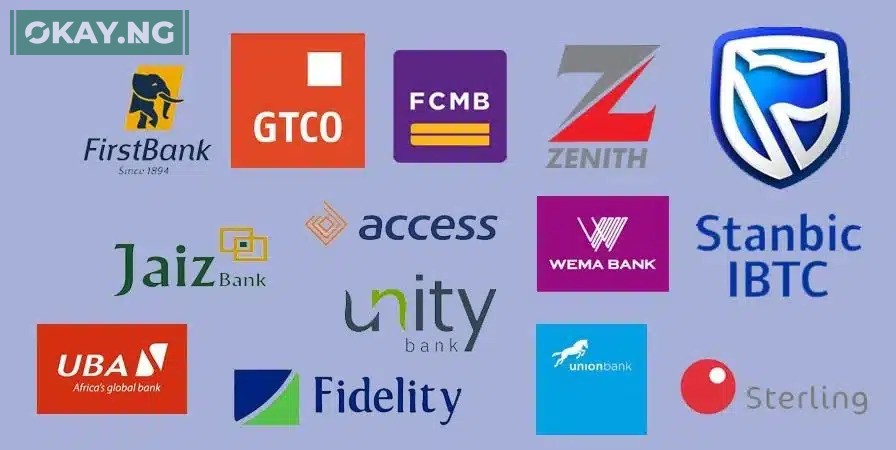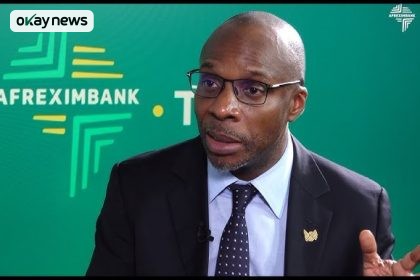In the opening quarter of 2025, eight leading Nigerian banks collectively set aside N156 billion as impairment charges on their credit and financial assets, marking a significant financial impact amidst a challenging economic environment. This figure, recently analyzed from unaudited financial reports filed on the Nigerian Exchange Limited, illustrates the cost banks are incurring to shield themselves from potential loan defaults and declining asset values.
Known commonly as loan losses or credit impairments, these charges highlight the banks’ defensive measures against risks arising from inflation, naira depreciation, and tightened liquidity affecting consumers and businesses alike.
Okay.ng reports that the level of impairment varied considerably across institutions, reflecting divergent risk appetites and credit management practices.
Zenith Bank led with the highest provision of N49.38 billion, an 11.8 percent reduction from the previous year’s N55.97 billion. This decline may suggest enhanced asset quality or more rigorous loan recovery tactics. Broken down, loans and advances contributed N35.95 billion to impairments, while investment securities and treasury bills added N7.1 billion and N2.16 billion respectively. Despite heavy provisioning, Zenith recorded a notable 20.7 percent increase in post-tax profit, soaring from N258.34 billion to N311.83 billion.
Similar trends emerged at First HoldCo, which posted N37.25 billion in impairment (down 11.2 percent), driven mainly by loans and advances provisions of N41.23 billion. Offsetting this were write-offs and reversals that mitigated losses. First HoldCo’s profit, however, fell to N171.10 billion from N208.11 billion.
Access Holdings and Guaranty Trust Holding Company also demonstrated reduced impairment charges, indicating stronger credit monitoring. Access’s net provision dropped 4.5 percent to N21.77 billion, while Guaranty Trust’s impairment stabilized near last year’s N13.42 billion figure. Yet, Guaranty Trust’s profit plunged 43.6 percent to N258.03 billion, a striking contrast to other banks’ profit growth.
On the other hand, United Bank for Africa (UBA) faced a staggering 332.2 percent surge in impairment, from N3.28 billion to N14.18 billion—pointing to amplified credit risks possibly driven by external economic pressures. Nonetheless, UBA recorded a 33.1 percent profit uptick to N189.84 billion. FCMB’s impairment charge fell notably by nearly 60 percent to N9.52 billion, aided by significant recoveries of previously written-off loans, boosting its profit to N32.23 billion.
Meanwhile, Fidelity Bank and Wema Bank posted sharp rises in impairment—285.8 percent and 64.7 percent increases respectively—reflecting heightened write-downs that underscore growing risk exposure amidst portfolio expansions.
Overall, while the cumulative impairment charge diminished by 5.2 percent compared to Q1 2024, individual bank results were mixed, embodying the varied strategies and external pressures in Nigeria’s banking sector.
Industry expert Charles Sanni of Cowry Treasurers Limited explained that the disparities stem from how banks handle loan losses and their internal risk frameworks. He emphasized that some banks adopt an aggressive stance by writing off non-performing loans promptly—“biting the bullet”—whereas others might carry higher risks for short-term income gains, especially in sectors affected by rising interest rates and economic volatility.
Sanni further noted that inflationary pressures have expanded loan demand, particularly in manufacturing and oil and gas sectors, which may sustain earnings growth in the near term.







